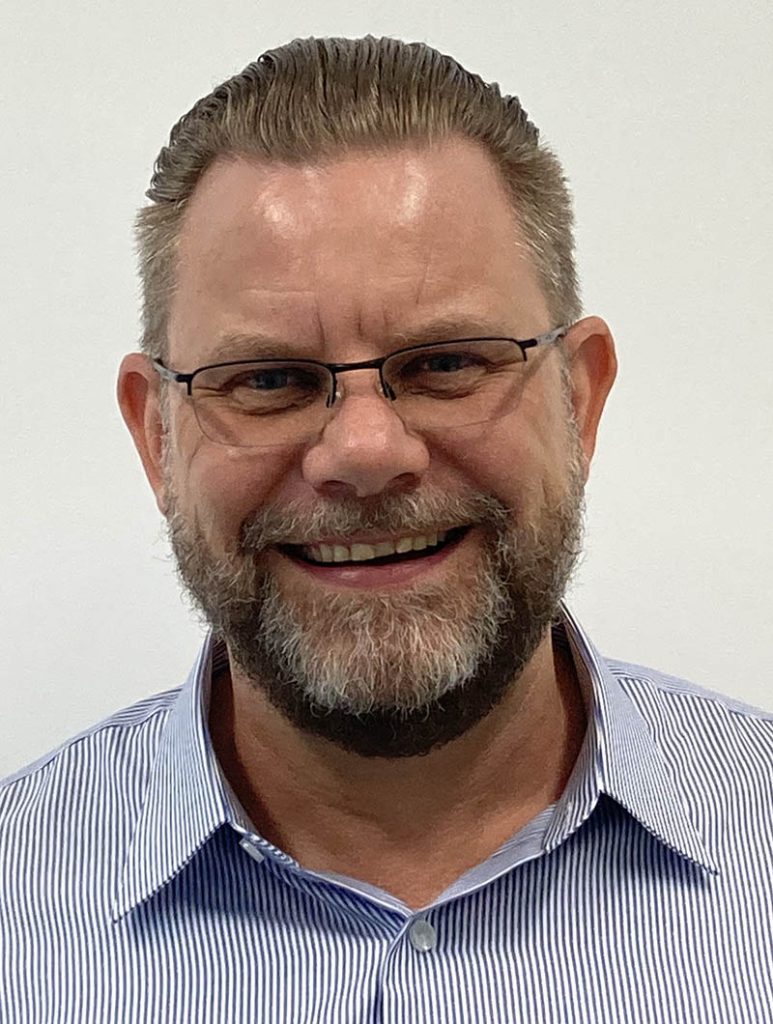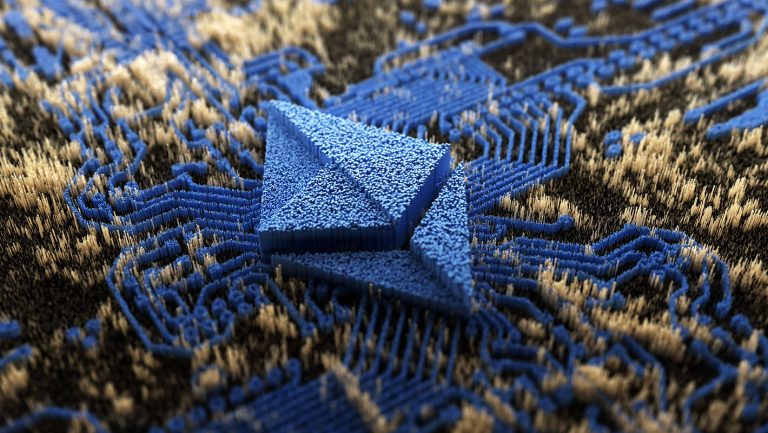Safeguarding against future outbreaks of infectious disease
Dean Everett, Professor of Infectious Diseases and Lead for the KU Infection Research Unit, Department of Public Health and Epidemiology, College of Medical and Health Sciences at Khalifa University

Dean Everett is an internationally recognized molecular microbiologist whose research focuses on pathogen genomics, antimicrobial resistance and infectious disease surveillance. After 23 years working in Africa, followed by a term as Chair of Molecular Microbiology and Global Health at the University of Edinburgh in the United Kingdom, Everett joined Khalifa University and is now leading efforts in developing the national antimicrobial resistance (AMR) surveillance consortium in the United Arab Emirates.
How would you describe your research?
As a molecular microbiologist, my interest is looking at the molecular epidemiology of pathogens; how they arrive in a country, examining their transmission and infection mechanisms, and how they spread and evolve. My primary focus lies in understanding the genetic drivers behind the virulence of microbes that would normally be just part of your everyday flora and which fall under the umbrella of AMR. At present, AMR and respiratory pathogens are my main area of research.
I‘m also proud to support the Abu Dhabi Public Health Center’s (ADPHC’s) research agenda as a senior academic professor. We have a number of ongoing studies with them, for example one on severe acute respiratory infection (influenza and respiratory syncytial virus), which is an infection that has surged since we’ve taken off our face masks following the Covid-19 pandemic. But AMR is by far the biggest one, because it’s the biggest problem, it’s a real issue here as it is globally. The UAE has 13 priority pathogens that are monitored because of their levels of drug resistance.
Why is AMR such a major problem in Abu Dhabi and the rest of the UAE?
The sizable multiethnic community contributes significantly to the spread of AMR pathogens. With millions of individuals traveling in and out of the country, coupled with the flourishing tourism industry, the UAE serves as a major hub for microbial exchange. We’ve seen the emergence of new pathogens here that we never had before, such as the drug-resistant fungus Candida Auris in 2019, which infects more than 1,000 people a year.
“Our information feeds directly into the Ministry of Health and Prevention, which then advises hospitals on appropriate infection control practices to contain and reduce the numbers of these bugs that are circulating.”
Dean Everett
AMR is a global problem. The World Health Organization has designated AMR as one of 10 global threats to humankind. The very nature of AMR and our ability to get samples from hospital and lab partners, alongside digitized clinical data, and analyze it together, means the UAE can really take a global lead in the fight against AMR. That’s part of what we’ve done in the AMR national surveillance consortium. We just produced the first nine national papers covering 14 years of antibiotic resistance across several major pathogens. AMR research at this scale has never been done here before1. The project involves 341 hospitals and clinics throughout the country and is a testament to how we work together in the UAE2.
Our information feeds directly into the Ministry of Health and Prevention, which then advises hospitals on appropriate infection control practices to contain and reduce the numbers of these bugs that are circulating.
What excites you about your work?
I love the idea that these little organisms can beat us and kill us, and I want to know why. I’m like a child in a candy store. I don’t just focus on one infection. I look at everything and ask the question, how is it that these different little organisms that we can get a million of on the tip of a pinhead can infect us and adapt to us so well? Understanding why and how will ultimately enable us to stop it happening in the future.
What motivated you to join Khalifa University?
The diversity of the faculty and KU’s ambition. The different backgrounds among the faculty is hugely beneficial to collaborative research because it brings different viewpoints that are supported so well by the university. I collaborate with people from all over the world with different knowledge and different experiences, which I wouldn’t have been exposed to if I hadn’t come here. This opportunity to work alongside such experts and engage in interdisciplinary endeavors is truly inspiring.
References




